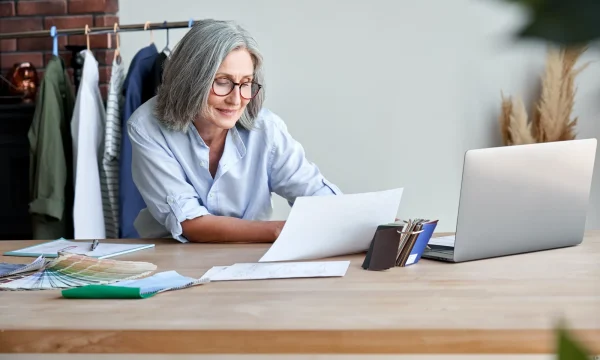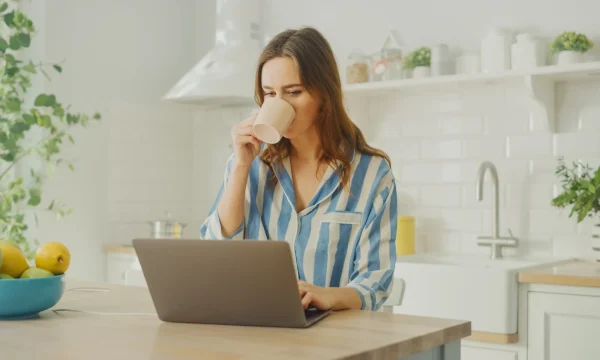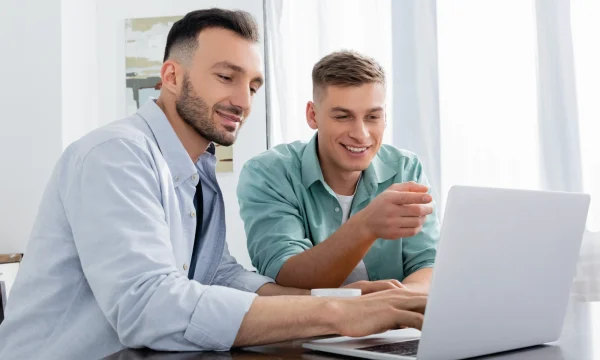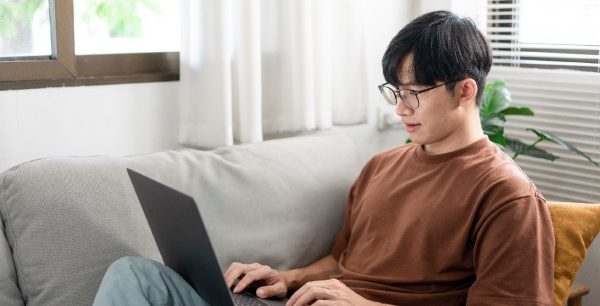Are VPNs Safe To Use?
If you want to protect yourself and your family while you are online, consider the benefits of a quality VPN. A VPN lets you use a different network when you browse the web, watch online videos, or work from home. VPNs offer a range of great benefits you don’t want to overlook:
- Secure Connection
- Data Privacy
- Peace of Mind
Data privacy is a significant and common concern you don’t want to encounter. Most people shop or pay bills online. If your data falls into the wrong hands, you could become the victim of identity theft. A thief could steal your credit card information and other data with little to no notice, and you could spend a lot of time repairing the damage.
A VPN gives you a secure connection to protect your device and data. Whether you’re using a computer, smartphone, or tablet, you want to know you are safe online. Hackers can infect your device with malware if you are not careful. A VPN can secure your connection so that you don’t have to worry about that problem.
Your Rights to VPN: Is it Safe and Legal To Use?
Before we dive deeper into how VPN works and how to get one, know your rights first. It is completely safe to download, install, and use a VPN. However, using a VPN is not legal in other countries. Some countries like China, Russia, and Iraq banned the use of VPNs. Countries like the US and UK are open to VPN usage.
VPN Overview
Let’s consider how a VPN works. You install VPN software on your computer or smartphone before you begin. The VPN sits between you and your internet connection. You connect through the VPN before accessing the Internet. VPNs are great when you connect to the web with a public network. If you use your laptop at school or a library, make sure you have a quality VPN to protect yourself from hackers and other problems. The VPN you use also ensures that people don’t spy on your online activity.
→ Dig Deeper: Why You Need to Watch Out When Using Public Wi-Fi
If you have a home connection, VPNs can also be useful. Some people don’t know that their internet service providers may see some of their online activities. If you’re uncomfortable with this, you can avoid it with the right VPN.
VPN Benefits
Your VPN safeguards you when you use public connections. Hackers love the public internet because they can intercept traffic and put malware on your system. They can even steal your username and password if you are not careful. In some cases, hackers sit between you and your connection so that they can send you to fake websites. The fake websites can infect your system before you know it. A VPN, again, protects you from that problem.
→ Dig Deeper: The Strongest Passwords and the Best Way to Create (and Remember) Them
If you want to stay anonymous online, a VPN is a great resource you may want to try. You won’t have to worry about people tracking your every move online with a reliable VPN. Remember that hackers, web providers, and others may observe what you do when you go online. In addition to seeing your downloads, they can also track the amount of time you spend online if your security protection is insufficient. A VPN is a vital resource for anyone who wants to maintain their privacy online.
VPN Safety: Does It Really Protect You?
Let’s explore how a VPN keeps you safe online. Rather than connecting through your connection, a VPN routes your traffic through a remote network. For example, imagine your VPN is located in New York. Your connection goes through the New York server before reaching the website you would like to visit.
It also scrambles the data you send so it won’t be readable to anyone. Even if hackers steal your data, they will only see what looks like junk codes. They won’t see your credit card numbers or any other vital information.
Do VPNs Steal Data
Some people sign up for VPNs and wonder if they steal data, which is a great question. Since VPNs tunnel all your internet traffic, you might wonder if your service provider can steal your data.
Some sketchy VPN providers can access your data when you least expect it, so you need to be careful when choosing a service provider. A little research can put your worries to rest faster than you once thought possible. Look for VPN providers that offer a high level of encryption. An encrypted connection stops VPN employees from viewing your data.
Secondly, look for a VPN provider that has a proven reputation for quality results. Look up reviews to get a better idea of what you should expect. If you use a quality company with many great reviews, you should have no problem keeping your data safe. You can even call customer support.
Top VPN Features
VPNs are safe, and they come with tons of great features you don’t want to miss. First, you want to ensure your VPN comes with an easy-to-use interface. You want a VPN that is easy and straightforward to use, so you can accomplish your online activities with ease.
VPNs Prevent Anyone From Tracking You
If you have a laptop or want to protect your mobile device, make sure the VPN you get has a mobile application. The mobile application protects you while you use the public internet from your devices. You won’t need to worry about cybercriminals, marketers, and regulatory bodies getting into your data and observing your online behavior.
VPNs Let You Access Region-Specific Servers
Another essential feature is the number of servers each VPN has. A quality VPN comes with a lot of servers so that you can use it from many countries. You can get an IP address from many locations worldwide, and some providers won’t let you run out of choices. If one server is not working properly, find others that are.
→ Dig Deeper: Do I Need to Hide My IP Address?
When and Why You Shouldn’t Use A VPN
We’ve previously established the safety, legality, and advantages of using a VPN, but there are also some downsides to using one. In some cases, you might not need one at all.
If you don’t want your internet connection to be unpredictable at times, it’s best not to download a VPN. Many reputable services can offer fast servers, but encrypting all your online activity can sometimes slow down connection speeds.
The second most common downside to using a VPN is also linked to unpredictability. Websites, applications, and programs update their systems to fix issues, introduce more features, and even block VPN use. Some VPN services can’t instantly keep up with this cycle. You may wake up one day and discover that you don’t have access to Netflix or Amazon based in other countries.
Final Thoughts
A VPN is a fantastic tool for keeping your internet connection safe and secure. You will not have to worry about your private data being exposed, but you still need to look for a VPN from a reliable company if you want to get the most from your money.
Reliable and reputable VPNs are safe, and they offer a secure way to access the Internet from home or on the go. Look at different packages to find a plan that makes sense for you. You will have no trouble finding a VPN that makes sense for your situation and needs.
To narrow down your selection, you may want to start your hunt with McAfee Secure VPN. This software has a transparent list of VPN features that can solve all your security problems without affecting your device’s performance and internet speed.
 Home
Home








